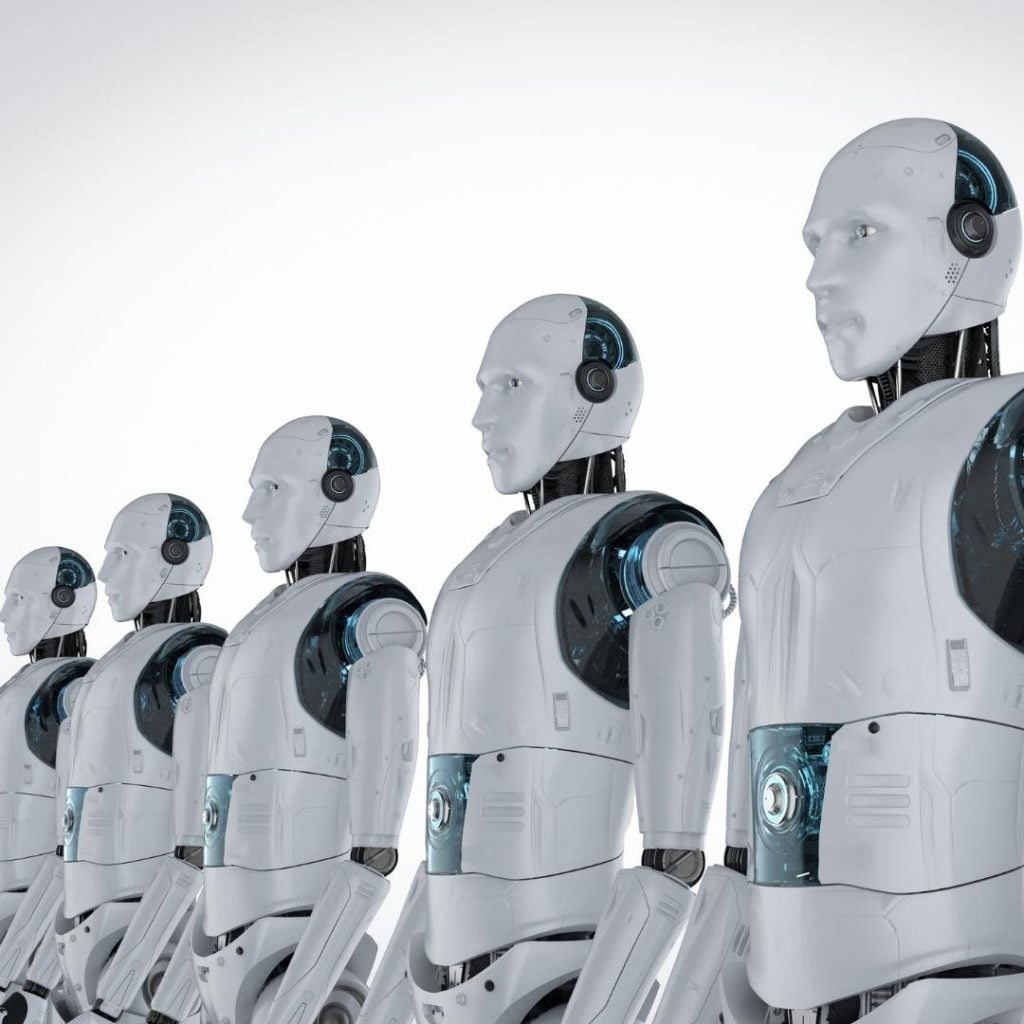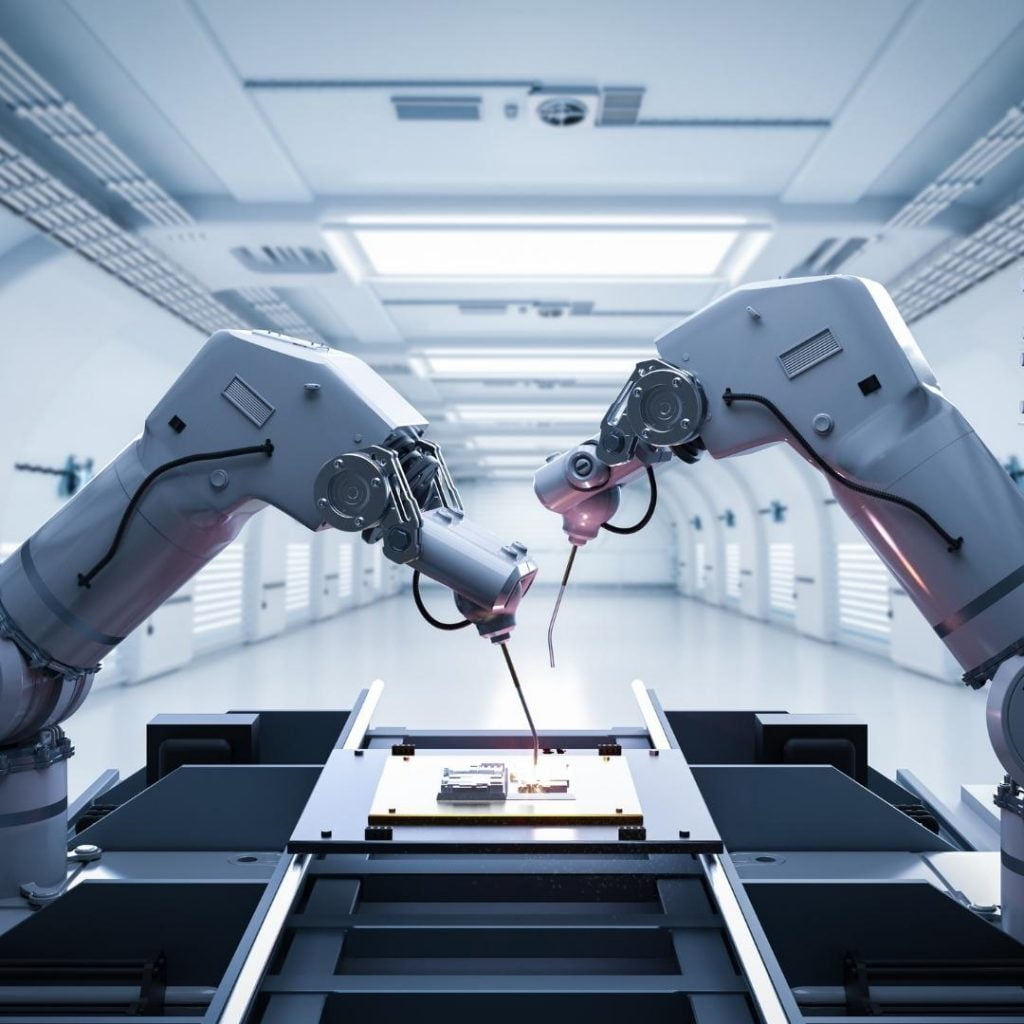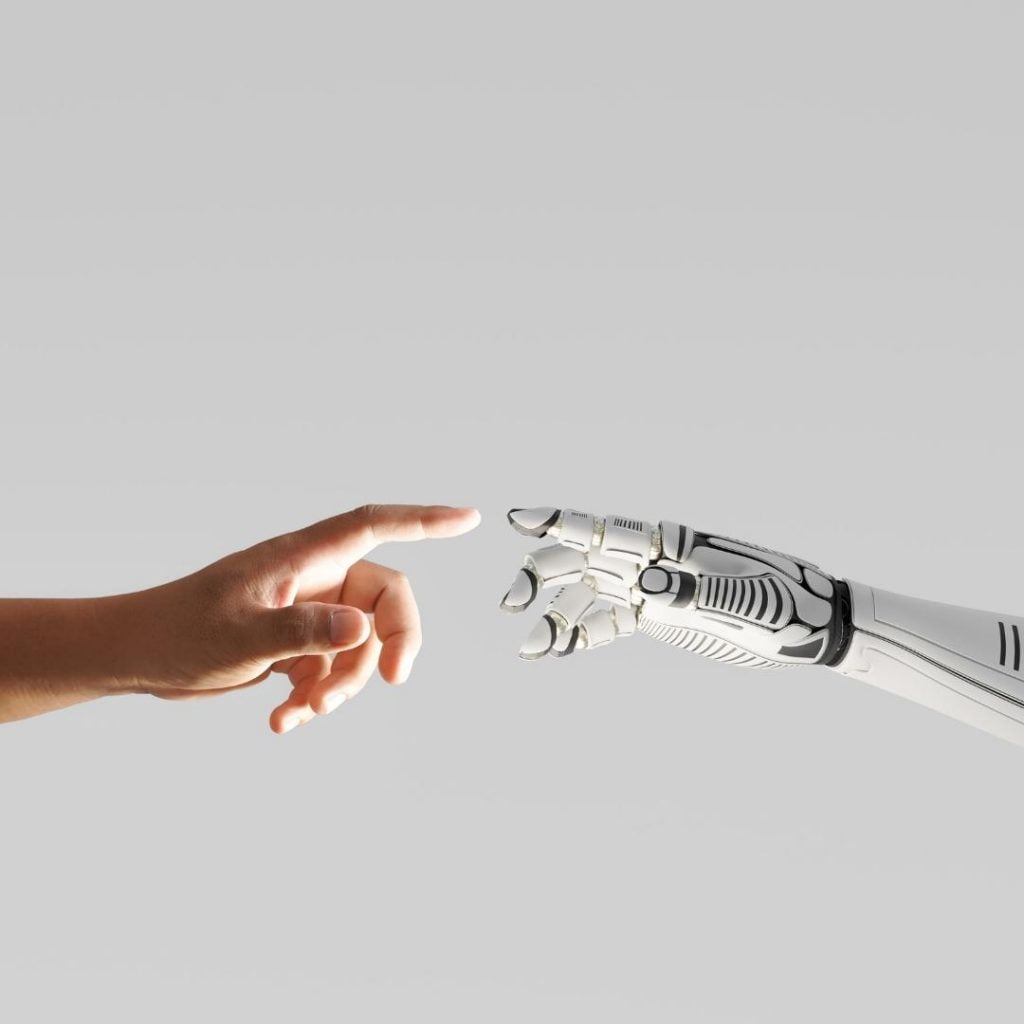People have been worried about machines taking jobs for a very long time. As early as 1930, John Maynard Keynes was warning about the new scourge of technological unemployment, which he termed “unemployment due to our discovery of means of economizing the use of labor outrunning the pace at which we can find new uses for labor.” In short, automating ourselves out of a paycheck.

The fear has only grown more powerful in the software age. A few automation upgrades ended up making 20 workers redundant at a small 3D-modeling company.
Ray Kurzweil, the inventor of Singularity and a famous futurist, predicted in 2005 that human intelligence would be far more powerful than machine intelligence. One idea closely tied to Singularity is the automation of human jobs with artificial intelligence.
The automation of human labor is a phenomenon that we can already see happening, with cashier-less stores and restaurants with robot servers just two examples. Some people even believe that at some point, all jobs will be automated by computer programs. But the real question is, can we truly automate all jobs with artificial intelligence? And even if we can automate many jobs, is the world truly ready for full automation?
Every leap in technology that displaces manpower comes to a replacement avenue in the job market. For example, the use of cars caused horse carriages to lose their place but created an outsized car manufacturing industry and associated jobs. That also created jobs such as car mechanics, car designers, professional F1 manufacturers, sports car manufacturers, and refiners.

Most people are involved in manufacturing; some people can go to logistics, marketing, sales, research and development, maintenance crew for equipment, product development, etc.
Machines will be able to perform more of the human tasks, supplement the work that humans do, and even perform other tasks that go beyond what humans can do.

While we assume there will be enough research to go about, society will have to cope with major changes and the dislocation of the workforce. Workers will need to acquire new skills alongside them in the workplace and adapt to the increasingly capable machines. They may need to move from declining to growing occupations and, in some cases, new ones.
According to a McKinsey study, as many as half of the current jobs will be automated by 2030. This would mean that 400 million jobs worldwide will be completely gone.

Set against the backdrop of continuous AI improvements, the picture seems simple enough: machines get a little more capable every day, and every extra bit of intelligence brings a few more jobs within reach of automation. But the reality is more complex, operating at a far larger scale. In most cases, we’re not automating individual jobs but entire industries as we meet more of our needs through massively scalable software. It’s a huge shift in the way society works, and it doesn’t have to be a bad one. We just have to look at the big picture.


